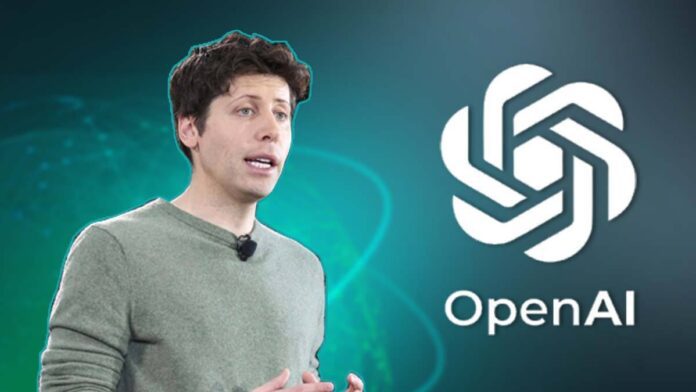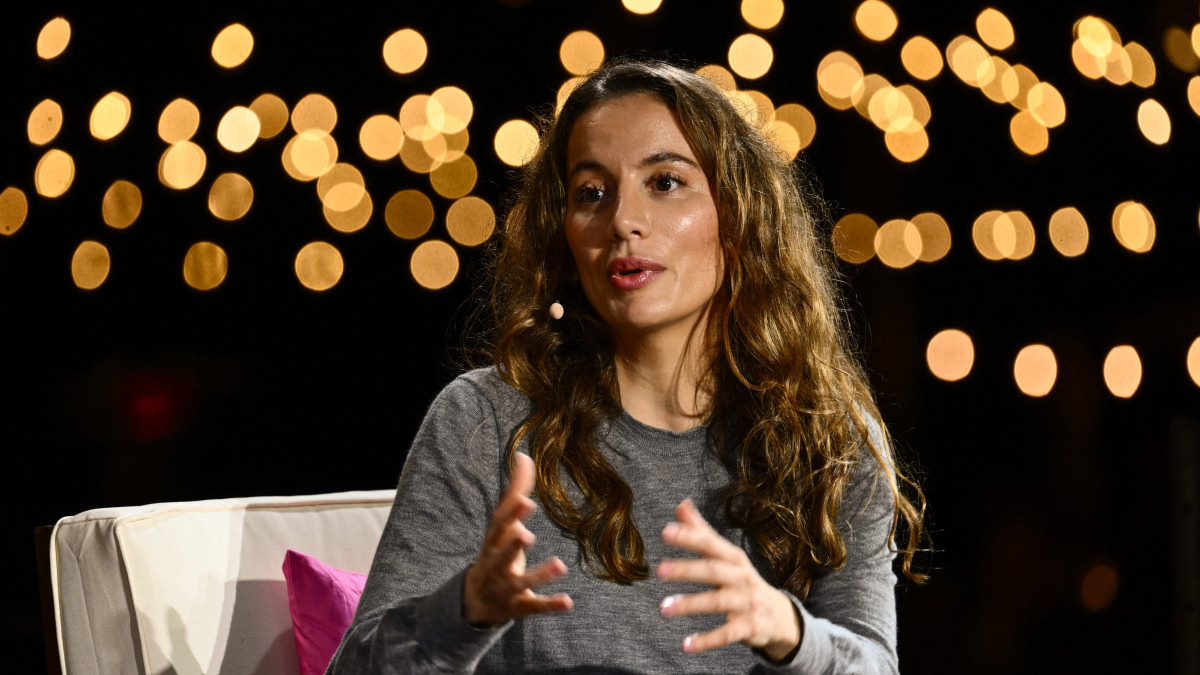California is investigating OpenAI's conversion to a for-profit ...
The state’s attorney general recently initiated an investigation into OpenAI's plans to convert from a nonprofit to a for-profit entity. This move has raised concerns about how the company intends to transfer its assets out of the existing nonprofit structure. As part of the ongoing investigation, the California attorney general’s office has reached out to OpenAI seeking clarification on the reported restructuring and asset transfer plans.

In a letter sent to OpenAI on Dec. 6, deputy attorney general Christopher Lamerdin highlighted clauses in OpenAI’s articles of incorporation that state the assets are dedicated to its charitable purpose. This raised questions about the protection of these assets held in charitable trust and the overall restructuring plan of OpenAI.
Challenges and Concerns
The potential conversion of OpenAI into a for-profit corporation has sparked a debate among critics who warn about the implications of allowing a nonprofit to repurpose its assets for profit. Critics argue that this move could set a dangerous precedent, enabling startups to retain the tax benefits of nonprofits while eventually transitioning into highly profitable commercial enterprises.

Adding to the complexity of the situation, OpenAI's increased lobbying efforts in Congress and its opposition to AI regulation bills in Sacramento have drawn attention to its evolving business strategy. Reports indicate that discussions with California's attorney general regarding the conversion are underway, highlighting the significance of this transition.
OpenAI's Evolution and Controversies
Founded in 2015 with support from notable figures like Reid Hoffman and Elon Musk, OpenAI initially focused on advancing artificial general intelligence for the benefit of humanity. However, the organization later established a for-profit arm to attract investors and invest heavily in AI technologies.

A public dispute between the nonprofit and for-profit divisions emerged in 2023, leading to internal conflicts and strategic shifts. The subsequent announcement of a possible conversion to a for-profit public benefit corporation further fueled speculation and legal actions, including lawsuits seeking to block the transition.
Call for Regulatory Scrutiny
Consumer advocacy groups, legal experts, and concerned stakeholders have called for regulatory intervention to ensure transparency and accountability in OpenAI's restructuring process. The involvement of California's attorney general and the scrutiny of asset transfers reflect the need to safeguard charitable assets and uphold regulatory standards.
As the investigation unfolds, the implications of OpenAI's conversion to a for-profit entity and the valuation of its assets remain central to the debate. The evolving landscape of AI governance and corporate structures underscores the broader challenges faced by organizations navigating the intersection of technology, ethics, and regulation.

Ultimately, the outcome of California's inquiry into OpenAI's restructuring could have far-reaching consequences for the tech industry and nonprofit sector, setting a precedent for accountability and governance in the rapidly evolving AI landscape.




















